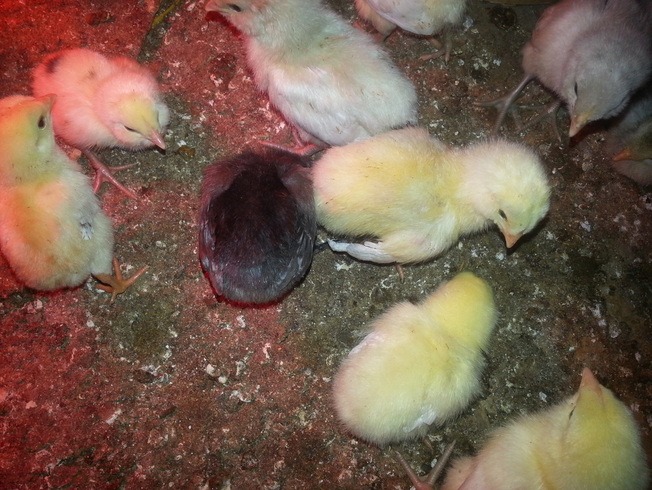
Two goose eggs pipped, that is the baby broke through the shell, but they have been in the shells too long now, and likely will die in the shell. It is usually not a good idea to liberate the hatchlings either, since they often die shortly after, especially if they are stuck to the shell or membrane and bleed from being released. There are a dozen more goose eggs still in the incubator due in a few days. Then hatching is pretty much over for this year. A hundred chicks and about 25 ducklings, plus 5 turkeys made it, and so far, just two little goslings. They are all living in the granary aka brooder house with two heat lamps (in case one light burns out in the night or anything else ). During the day, if it is good weather, the granary door is open with a wire cover in place to keep cats and ravens out, so the birds can get some fresh air and see outside. In a few weeks they will be transferred to separate pens, one for the waterfowl and the other for the chicks and turkeys. There they will remain until they are well on their way to adult hood and have gained the ability to fend off predators and watch for themselves, usually about at four months old. The males will be sent off to the processor at five months, and the females sold as laying hens or kept for breeding stock and laying hens for the farm. Then next year, the cycle will go on. That is the way of the hatch.

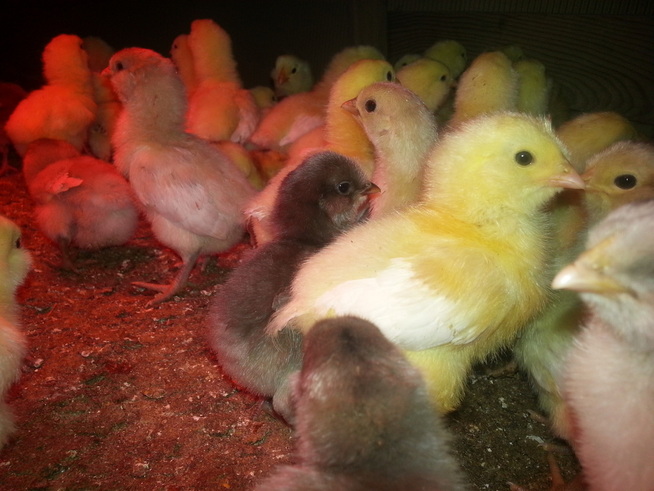
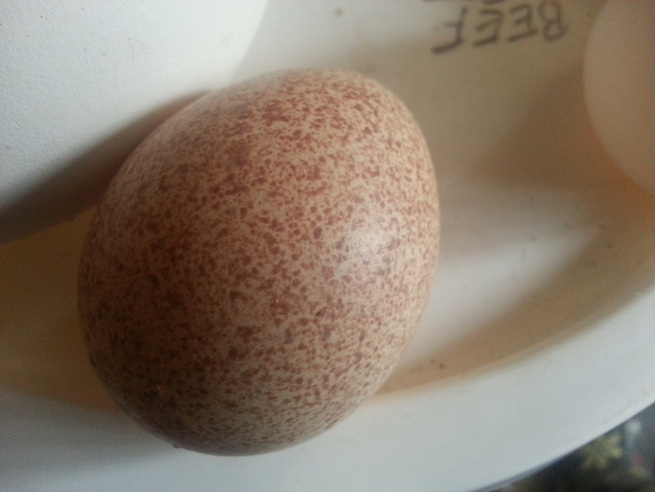
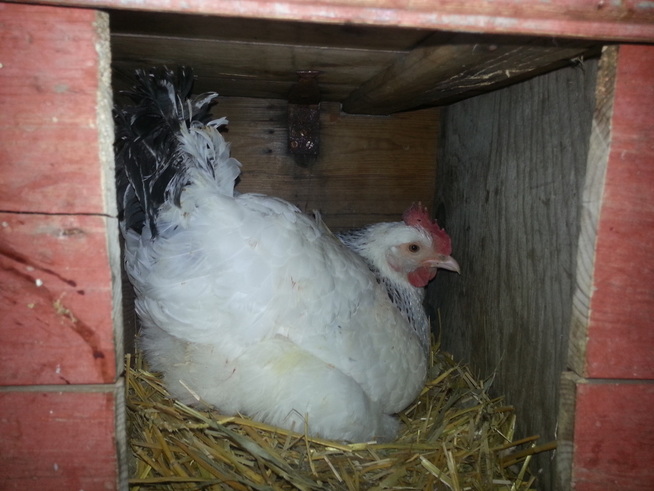
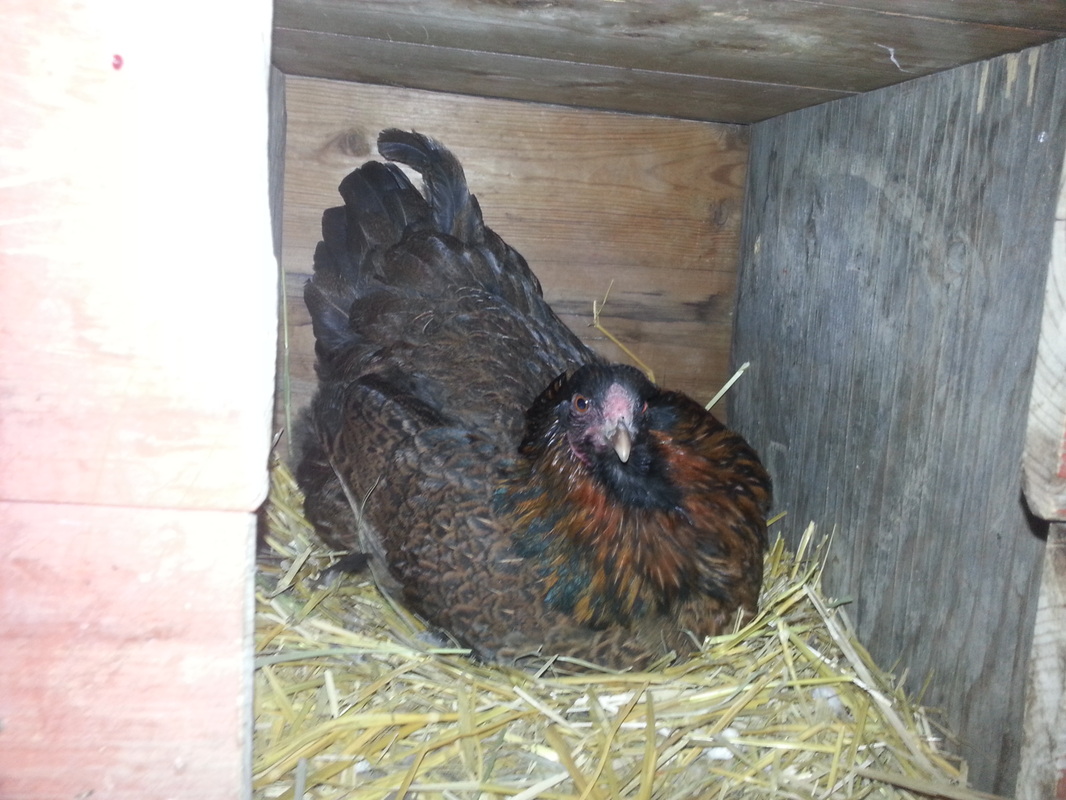
 RSS Feed
RSS Feed